Managing and analyzing logs on a Linux system, some tools can assist you in effectively monitoring and interpreting log data. These tools are helpful for troubleshooting issues, identifying security incidents, and extracting insights from log files. Linux system logs play a crucial role in monitoring and troubleshooting system activities. They provide valuable insights into system performance, errors, warnings, and user activities.
1. Glogg
Glogg is a versatile log viewer and analyzer designed for Linux systems. It offers time monitoring and search functionalities, enabling users to keep track of log changes and discover information. Additionally, Glogg supports expressions, simplifying the process of conducting log searches.
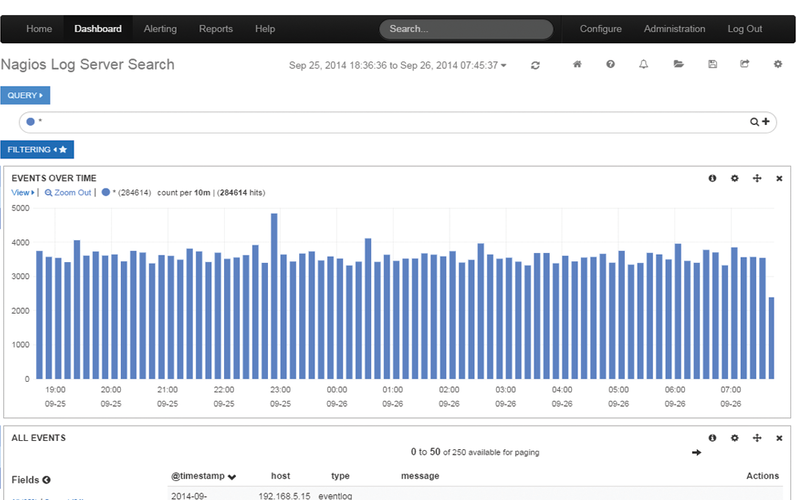
2. GoAccess
GoAccess is a robust web log analyzer that works on Unix systems, allowing for real-time analysis of logs. It offers the convenience of being usable through command-line interfaces and web browsers, giving users flexibility in their log analysis. With GoAccess, users can monitor web server logs in real time, generate reports, and visualize data using various interactive charts and graphs. It is a valuable tool for understanding website traffic patterns and monitoring server performance.
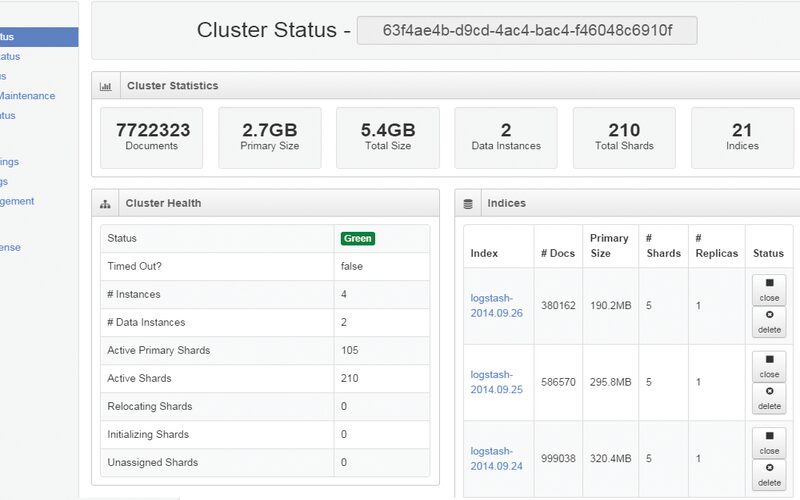
3. Graylog
Graylog is a centralized solution for managing logs, allowing businesses to easily collect, analyze, and receive alerts on logs in both testing and production environments. It offers a setup process and configuration. With support for log sources, it simplifies log analysis with its user-friendly web interface and flexible search capabilities, empowering proactive monitoring.

4. ELK Stack (Elasticsearch, Logstash, And Kibana)
The ELK Stack is a recognized open-source solution used extensively for log analysis in Linux environments. Elasticsearch for indexing and searching for ingestion and parsing of logs, and Kibana for visualizing and analyzing logs. This stack creates an ecosystem to manage large volumes of log data.
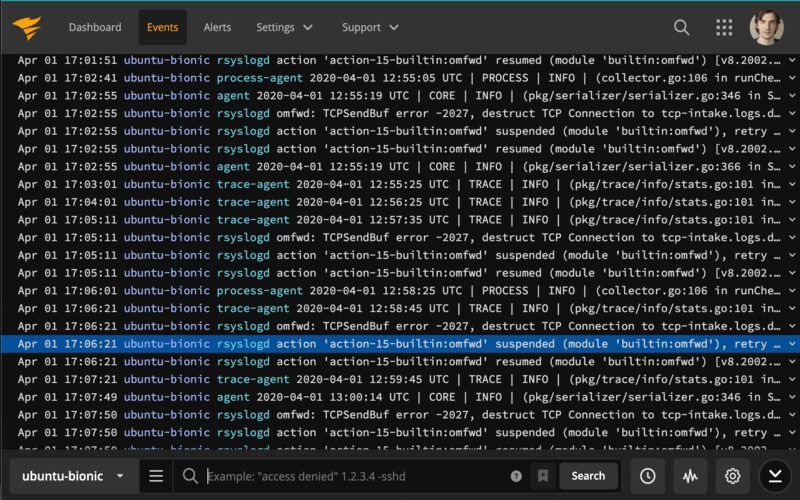
5. Fluentd
Fluentd is a log data collector and aggregator that supports sources of logging information while offering various output destinations. Acting as a unified logging layer within the log management pipeline, it facilitates the transformation and routing of logs. With its range of plugins, Fluentd can easily integrate with diverse log analysis tools and services in its ecosystem. It is an increasingly popular choice when building complex log management architectures.
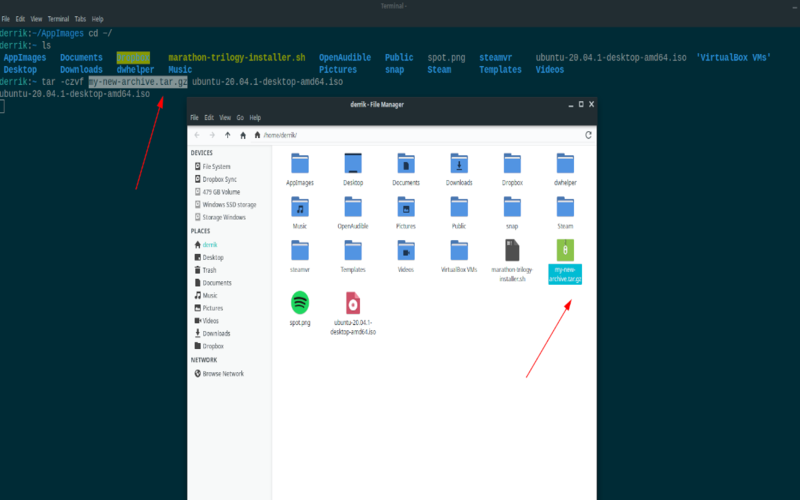
6. Splunk
Splunk is a tool for managing and analyzing logs in a sector. It offers search functionalities, user-friendly visualization dashboards, and analytics driven by machine learning. With its ability to be on-premises and in the cloud, Splunk provides to accommodate infrastructure configurations. By utilizing Splunk, users can effectively. Analyze logs sources, uncovering valuable insights and aiding in potential security threats.

7. Logwatch
Logwatch is a system for analyzing logs that provides monitoring of logs on a per-user, per-app, and per-device basis. It summarizes log data and generates reports. Logwatch simplifies log analysis by presenting information in an understandable format. It is for individuals and small businesses that need log monitoring capabilities.

8. OSSEC
OSSEC is a host-based intrusion detection system (HIDS) with built-in log analysis capabilities. It monitors logs, time-checks file integrity, and proactively responds to security incidents. It is a tool for strengthening the security of Linux systems.
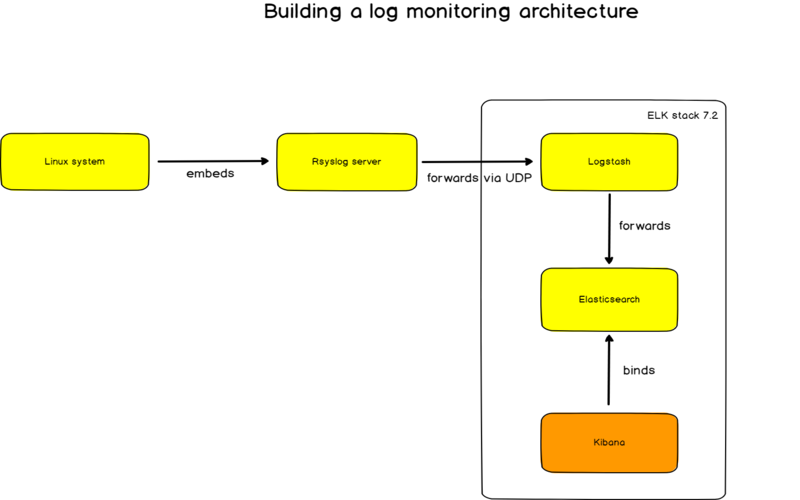
9. Logstash
Logstash is an open-source tool for processing data, specializing in ingesting, parsing, and enriching logs. It can gather logs from sources, standardize them into a format, and send them to different output destinations as required. Moreover, it can integrate smoothly with tools like Elasticsearch and Kibana to create a log management stack.
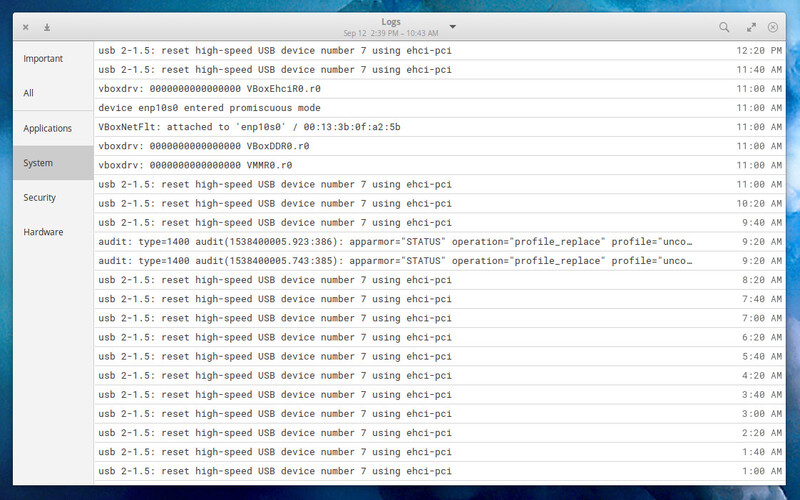
10. Rsyslog
Syslog is a system for processing logs that has gained popularity as the go-to logging solution for numerous Linux distributions. It boasts capabilities for collecting, filtering, and forwarding logs. With Syslog, you can easily handle large amounts of log data while supporting log formats and protocols. Its dependable log aggregation features are crucial for log management and analysis purposes.
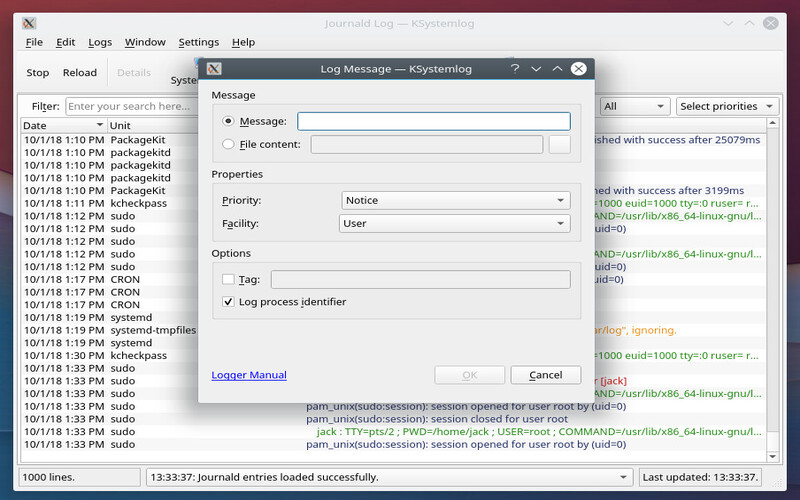
11. Syslog ng
Another popular log management tool is Syslog ng, which enhances the capabilities of the Syslog protocol. It ensures the transmission of logs. It Offers advanced filtering and routing functionalities. With Syslog, users can gather logs, apply filtering rules, and send them to their desired destinations. It is well known for its flexibility, scalability, and reliability, making it suitable for log management deployments of all sizes.
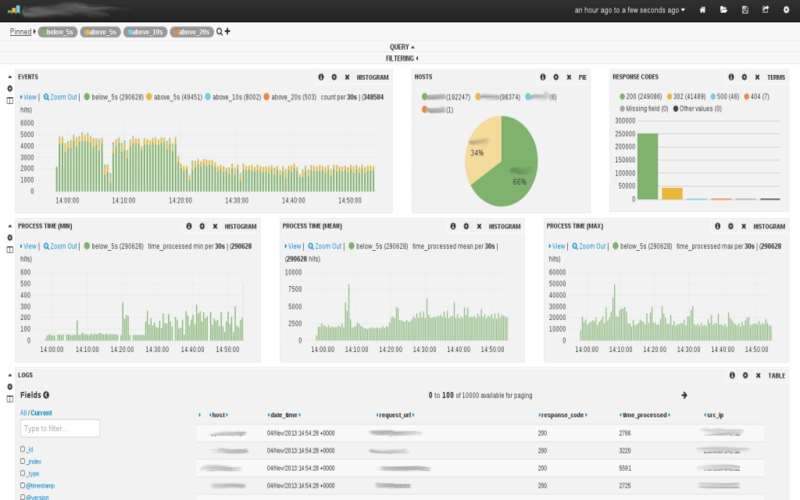
12. Loggly
Loggly simplifies log monitoring and troubleshooting tasks with its cloud-based log management and analysis service. Provides a user-friendly web interface for searching, analyzing, and visualizing logs. Loggly supports a range of log sources, including Linux systems. It enables real-time monitoring of logs. Its robust search capabilities and interactive dashboards make it effortless to derive insights from log data.
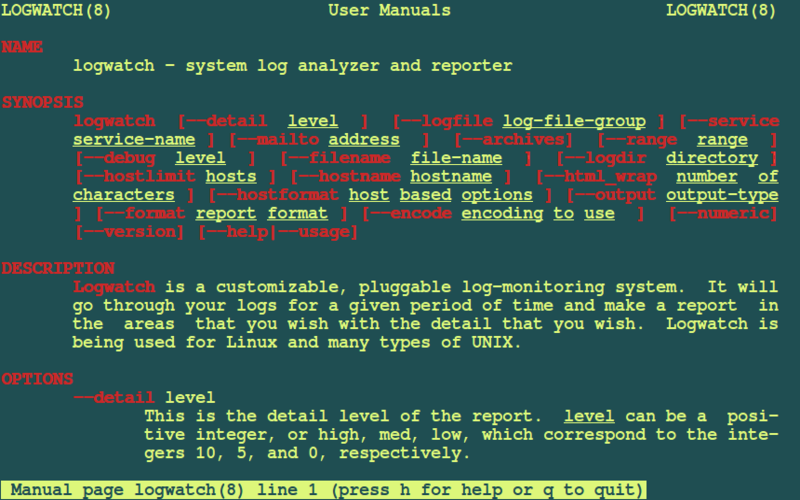
13. Papertrail
It is real-time log monitoring and troubleshooting. Papertrail stands out as a cloud-based log management solution. It offers a web-based interface for viewing and searching logs across systems. Papertrail supports types of logs, such as those from Linux systems, while providing search features that include advanced filters and boolean queries. Furthermore, it offers integrations with tools such as alerts and notifications to improve the analysis of logs and enable efficient incident response.
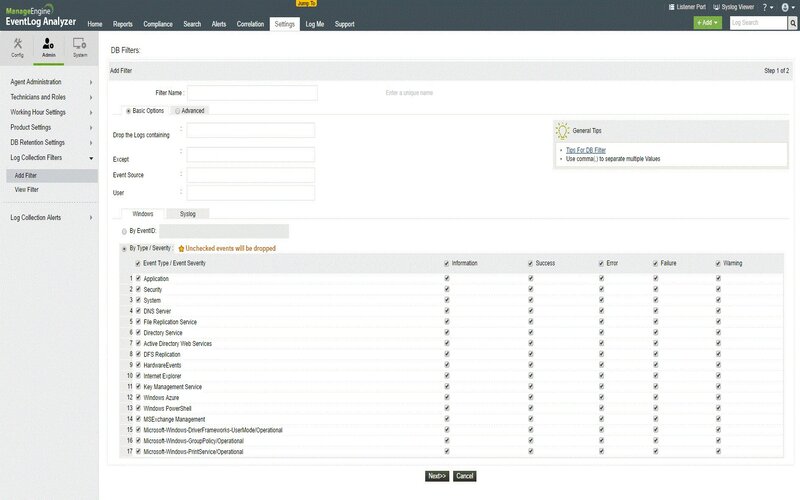
14. Loki
Loki represents an open-source system for aggregating logs. It forms part of the Grafana project. Seamlessly integrates with Grafana’s powerful visualization features. Loki stores log data in a highly efficient format. Loki is well-suited for containerized applications and microservice-based architectures.

15. Nagios Log Server
The Nagios Log Server is to make log management and analysis easier. It simplifies collecting, storing, and analyzing log data from Linux systems and other sources. With Nagios Log Server, users can access an interface to view and search logs and utilize powerful filtering and alerting features.
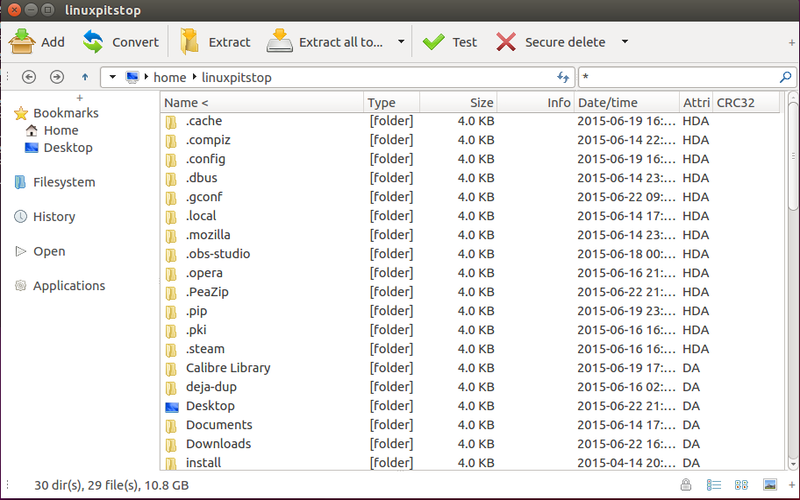
16. LogAnalyzer
Referred to as PhpLogCon, It is a web-based tool for analyzing logs. It offers an interface that allows users to navigate through log data effectively by supporting log formats. With LogAnalyzer, users can easily search logs, apply filters, and generate reports. It boasts a user setup process. It Provides customizable dashboards suitable for small to medium-sized environments requiring basic log analysis capabilities.

17. KSystemLog
KSystemLog is an application specifically designed for Linux systems that provides an interface for viewing and analyzing system logs. Supporting log formats, including Syslog, KSystemLog offers features such as log filtering, highlighting, and sorting. Being part of the KDE project ensures integration with the KDE desktop environment.

18. Octopussy
Octopussy is a log management solution that’s available for free and allows users to collect, index, analyze, and generate reports from logs. It has a user-friendly web interface. It enables browsing and searching through logs, dashboards, and reports. Octopussy works well with all types of log sources, including Linux systems. It Offers advanced features like log correlation, event management, and automated actions.
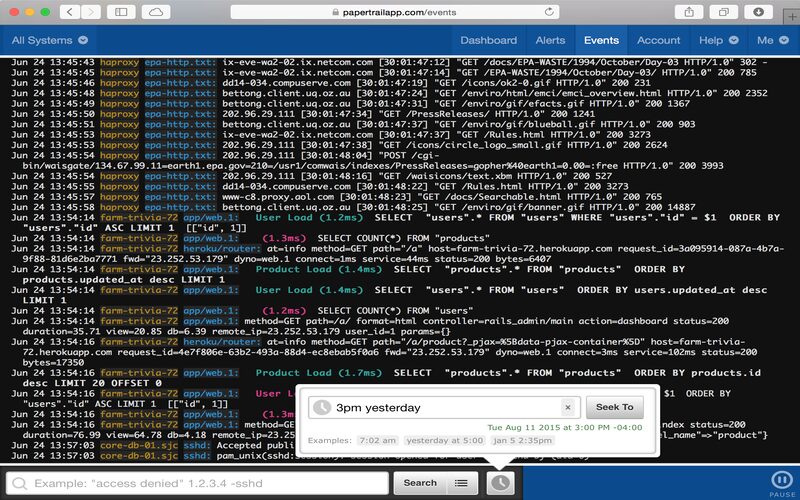
19. Snort
Snort is an intrusion detection system (IDS) that is open source and comes with log analysis capabilities. It can monitor network traffic, analyze logs, and identify security threats by comparing traffic patterns with predefined rulesets. Snort offers real-time alerts. Generates log files that provide information about detected events. It is a tool for monitoring network security and responding to incidents.
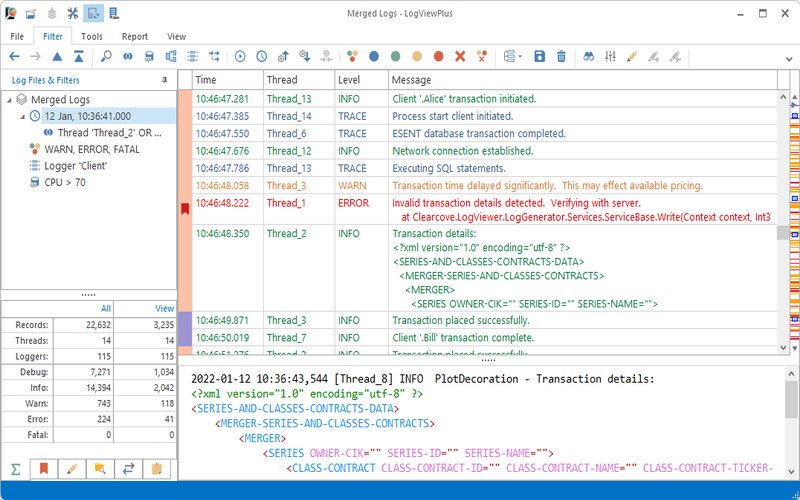
20. Sematext Logs
Sematext Logs is a cloud-based platform for managing and analyzing logs designed to collect and visualize log data from Linux systems and other sources. It offers real-time log monitoring search functionality and interactive visualizations. Sematext Logs supports log formats, while its flexible architecture allows users to handle high-volume logs efficiently.
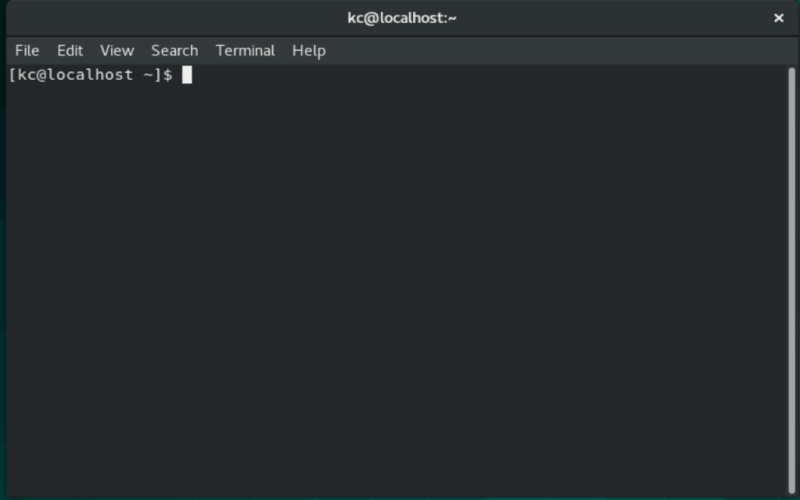
Conclusion
In conclusion, utilizing Linux system logs and log analysis tools is crucial for optimizing system performance, troubleshooting issues, and enhancing security measures in a Linux environment. These tools enable administrators to analyze log data, simplify troubleshooting tasks, and make better-informed decisions. Log analysis provides valuable insights into system errors, warnings, and critical events, allowing for quick identification and resolution of issues.




















